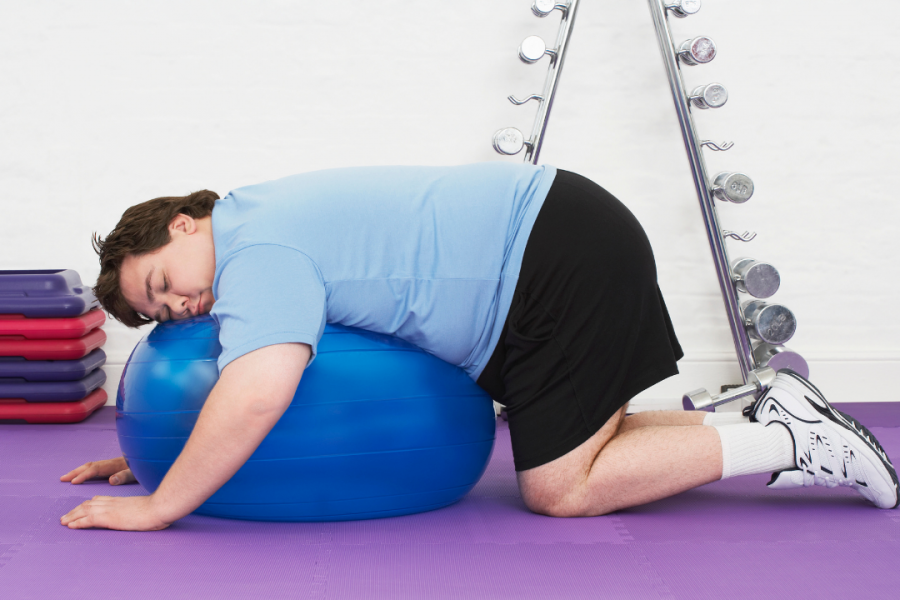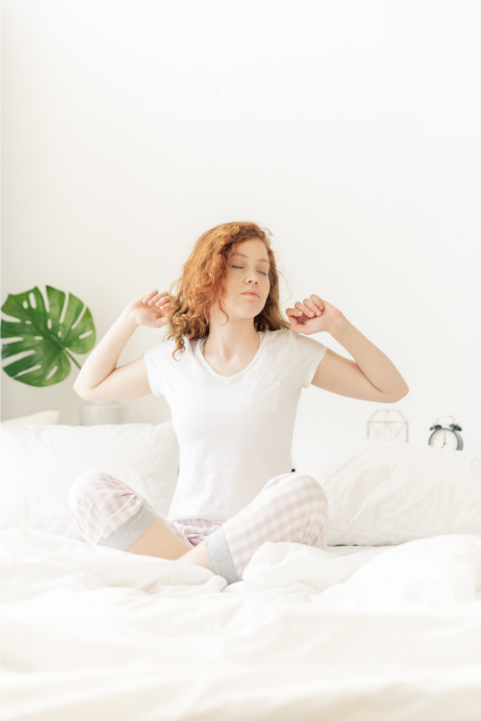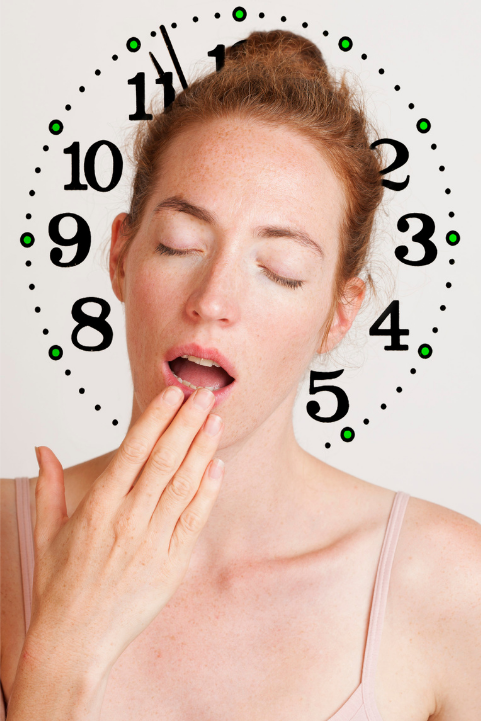Sleep and exercise are both beneficial for your health. In fact — apart from a nutritious diet — they’re heralded as the two most important things you can do.
Adequate sleep can keep your heart healthy, control stress levels, and boost cognitive function.
Exercise helps deliver oxygen and nutrients to your tissue, boosting the health of your heart, lungs, and brain.
But sleep affects how you exercise, and vice-versa.
So, what’s the connection?

What Sleep — or Lack Thereof — Does to Exercise Performance
We exercise for many reasons — heart health, brain function, muscle strength, and endurance. But sleep plays a critical role in all of these.
Simply put, your body and mind function at their best when well-rested. This, of course, includes physical exertion and the processes behind it.
One study that looked at the bidirectional relationship between insomnia and exercise found that those who slept better were more likely to stick to their workout plans. Those who slept less were more likely to skip the gym. [1]
Your motivation plays a large factor when it comes to exercise. And the fact that sleep boosts motivation is just one small way that these two acts are interconnected.

Just like how sleep will help you be better prepared mentally to exercise, it will also enhance the focus, strength, and therefore overall quality of your workout. Research has shown that the more sleep-deprived you are, the more difficult your workout will be, and the sooner you’ll tire out. [2]
One study even found that a single sleepless night decreased endurance performance on a treadmill and the subjects had to work harder to achieve less. [3]
Research also shows that a lack of sleep can produce side-effects similar to that of burnout or over-training syndrome. This can lead to lesser performance, increased risk of injury, and weakened immunity. [4]
How Exercise Impacts Sleep
A runner’s high is the feeling of satisfaction, reduced stress, and calm that can follow a good workout. So, obviously, feeling sleepy isn’t one of the side-effects of exercise. But it can prepare your body for a quality sleep once you do hit the hay.
Exercise helps the brain create more adenosine. This is the chemical in your body that caffeine blocks so you can feel more awake after that morning cup of joe. Adenosine helps facilitate sleep, allowing you to fall into a slumber faster at bedtime. [5]
Research has shown that exercise promotes better and longer sleep. One experiment that involved subjects that slept no more than 6.5 hours a night underwent a six-week period of regular exercise. At the end of the six weeks, their sleep had increased by 75 minutes per night! [6]
Adding exercise into your routine can also help your circadian rhythm (your body’s internal clock). If you workout every morning, your body will eventually recognize this routine and will know that it’s go-time! Having a healthy internal clock will only make it easier for your body to know when it’s bedtime — helping you get to sleep!

When to Exercise
Some argue that exercising first thing in the morning is best. Others claim that in the evening is best. Others maintain that it varies from person to person.
But here’s the thing… we all have different internal clocks/rhythms. Our body produces certain hormones at certain points in the day. If you find that working out in the morning is a struggle, but you seem to have a boost of energy after work, utilize that energy and exercise after work!
When you should exercise depends on you. But no matter when you do it, the positive effects will be there, and your body will thank you for it.
Still Sleepy?
What if you do exercise regularly…
And you still have trouble getting a good night’s sleep?
CBD can help with that!
>>> Click here to learn how CBD can help you get the sleep you’ve always wanted…





